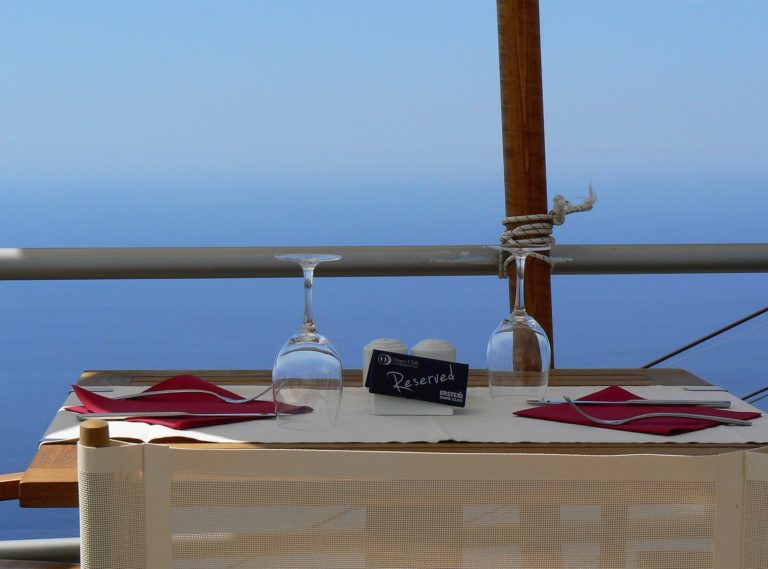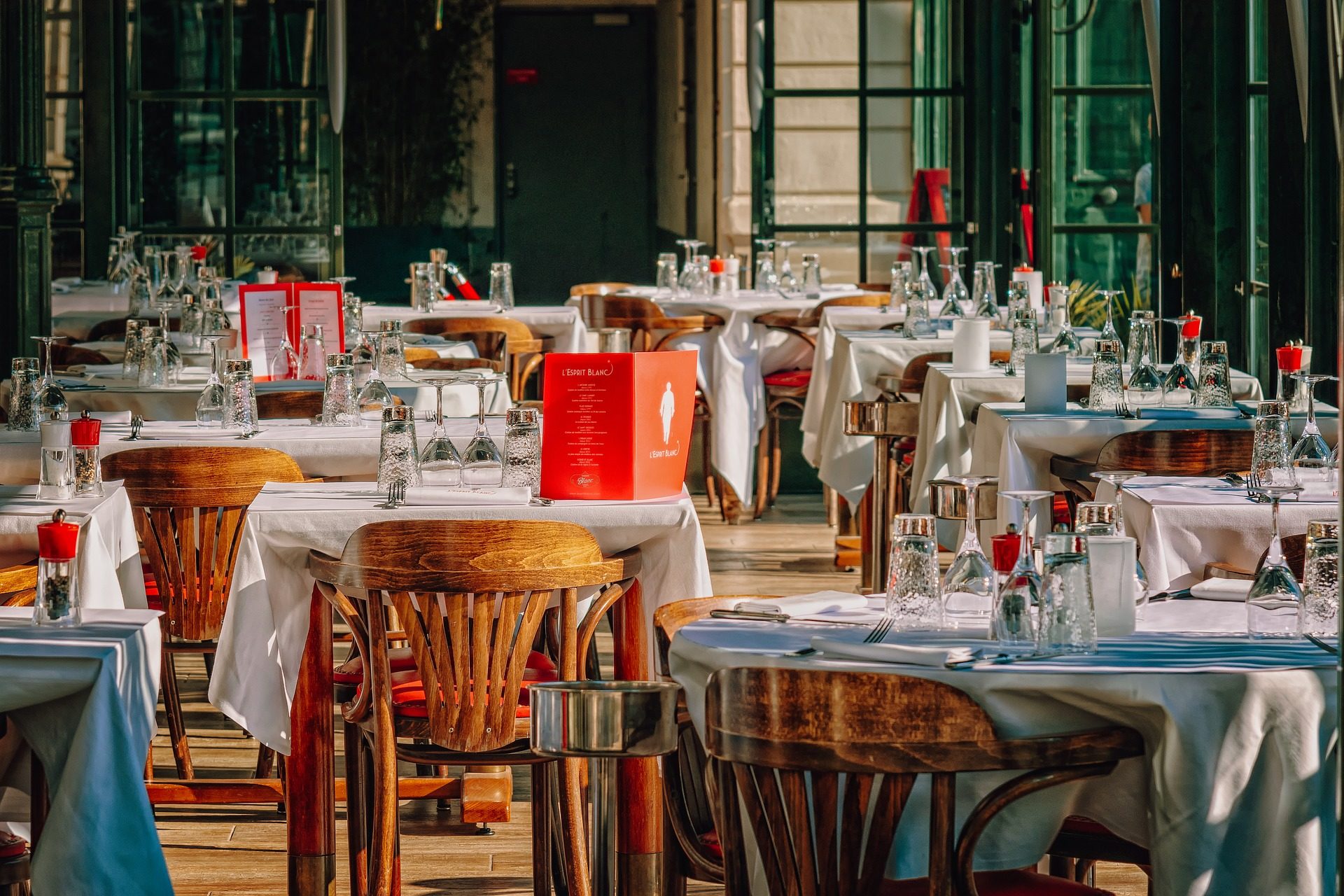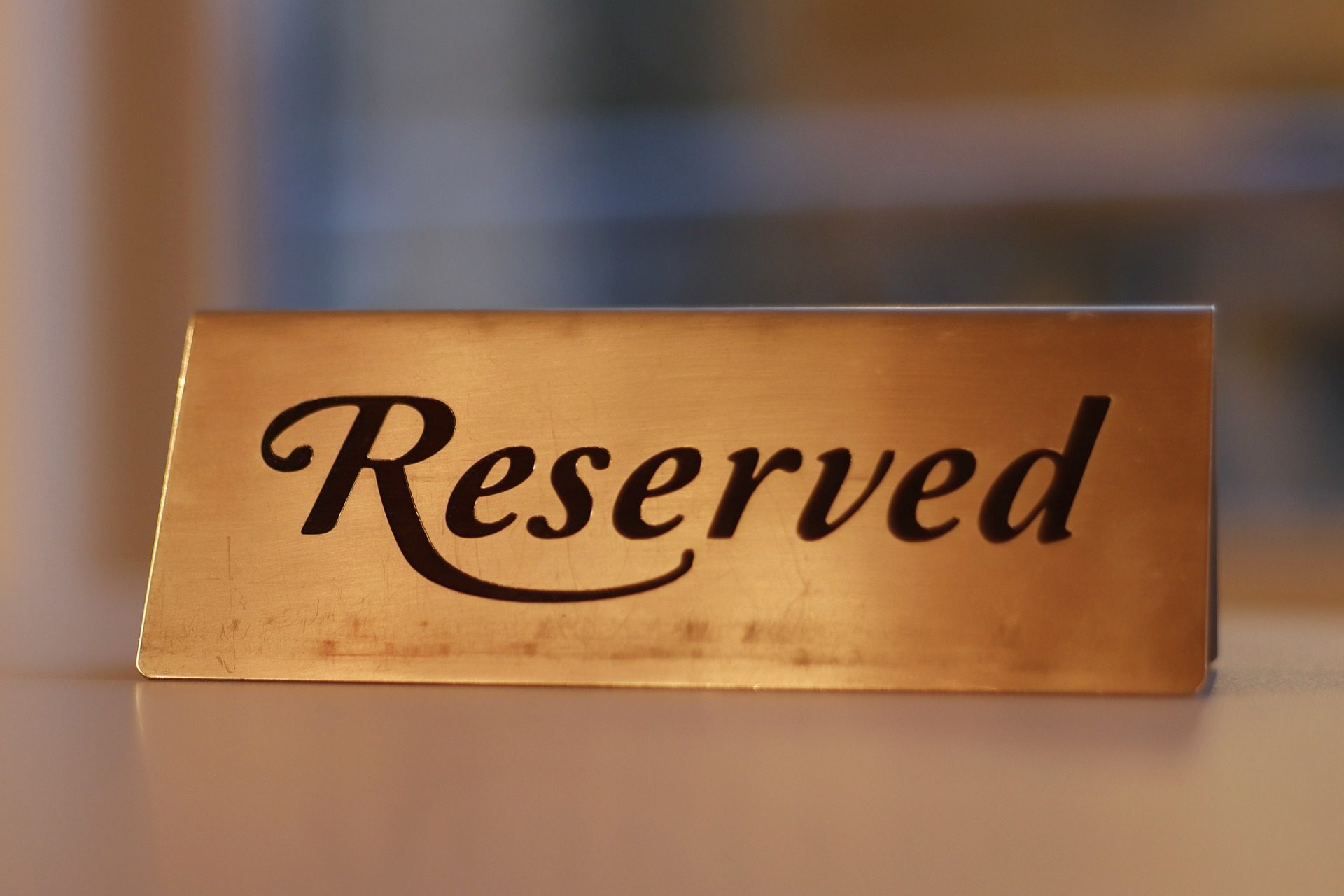
Restaurants and hospitality venues need to take advance reservations in order to be able to plan their business – staffing levels and food stocks being the two most obvious. However, we have always accepted a certain level of “no-shows”; those people that have reserved a table but, for whatever reason, fail to appear. Unfortunately, recently we seem to have a new epidemic that is costing restaurateurs their livelihood.
The past year has been extremely difficult for anyone connected with the hospitality industry – bars, clubs, restaurants, theatres and cinemas have all been closed for extended periods. In order to re-open many owners have spent serious sums of money on making their establishments as Covid secure as possible so that their clientele can feel safe.

Restaurants and bars have had to increase the distance between tables and, in some cases, have almost halved their capacity. There has also been a recommendation from the British government, and others, that customers should reserve their table if they want to go out to dine. I appreciate there are many establishments that do not normally accept reservations, instead relying on a steady stream of customers that they can hold in the bar area until a table becomes available.
Under the new post Covid rules the bar scene in these places no longer exists and they have had to change their business model enormously. Unfortunately, this has led to a massive increase in the number of no-shows and has caused some famous chefs to vent their anger and frustration online.

Back in the late summer Michelin starred chef, Tom Kerridge, took to Twitter to name and shame the 27 people who had reserved tables with his restaurant for an evening and then failed to show up. You might think that a little bit extreme but it goes to show the level of frustration that is starting to occur. And Tom is not alone.
On the same weekend TV chef, Paul Ainsworth, also took to social media to bemoan 27 people who had not turned up at his restaurant. These are two big name chefs and you may not have much sympathy but it is happening all over. The British media, both national and regional, has been full of stories of fully booked restaurants suddenly being empty because of massive no-shows.
By the time the restaurateur realises that the customer is not going to show it is too late to resell the table to anyone else. This is not just extremely rude on the behalf of customers, it is putting an already struggling industry in danger of collapse with the loss of livelihoods and countless jobs. A Twitter hashtag has been trending recently – #nomorenoshows.
At what point does a customer become a no-show? My own restaurant has a policy of 15 minutes, after which we reserve the right to resell the table. But in reality this is extremely difficult to enforce. Living here in the South of France we have what is known as “The Catalan quarter hour” whereby you expect people to be 15 minutes late.
We have tried to resell tables when customers have been late but it relies on having someone walk in off the street at the right time. And now with bar restrictions those places that might have had a waiting list of customers in the bar, or who had deliberately overbooked the restaurant, can no longer rely on this. For me, being late is almost as rude as not turning up.
So what is the solution? For some time now many larger and more famous restaurants have controversially asked for customers credit card details at the time of making a reservation. The idea is that if the customer doesn’t turn up, and hasn’t cancelled in advance, the restaurant will charge the card an amount. But legally this is a very grey area and the restaurant can only charge a pre-estimate that would be equal to the amount they have lost – they cannot charge a penalty. However, many restaurants have discovered that the credit card has already been cancelled by the time they come to charge it following a no-show!
Another solution which I have recently discovered and seems to be gaining some ground is a ticketing system. The idea is that when you make your reservation you buy and pay for a “ticket” that would be equal to the average cost of a meal in that restaurant. Any drinks, extras and tips are paid for at the end of the meal.
The restaurant industry is one of the few hospitality venues whereby the customer pays after having consumed, and then they are only bound to pay what they feel the meal was worth (Old UK law). Imagine going to the theatre and paying as you leave but not paying the full ticket price because you felt the performance was not up to standard! Obviously some customers have genuine reasons to cancel, particularly at present when suddenly a member of the party may have been taken ill or had to self-isolate.
If they had purchased tickets in advance the restaurant has a decision on whether to refund the value or honour the ticket for a rescheduled booking. The hospitality industry is all about making good connections with our customers and the most successful businesses tend to have the best customer service.
It is a fact of life that we will continue to have customers that do not respect us or our business but in these harsh times the rudeness of some people could prove fatal to some great hospitality businesses. I will leave you with a number – £16 billion. That is the cost of cancellations and no shows to the UK hospitality sector each year – do not be surprised if Chef is looking irate next time you don’t turn up.